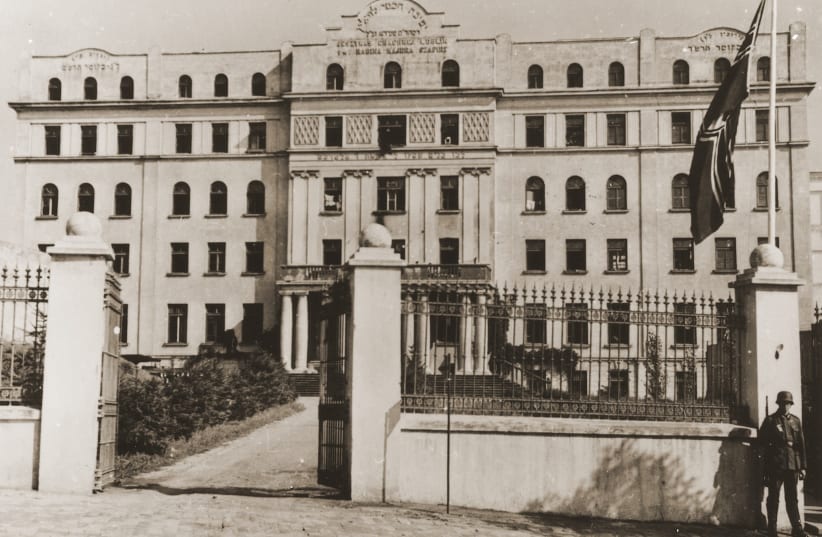It was said to be one of the Jewish gems of Eastern Europe. A library containing thousands upon thousands of valuable books, manuscripts, and scrolls was one of the prized jewels of the Chachmei Lublin Yeshiva (Academy of the Sages of Lublin) in Lublin, Poland. When the Nazis took over the city a few weeks after the outbreak of World War II, in September 1939, this priceless treasure trove of Jewish knowledge fell into German hands.
A few months later, the library was ransacked and its contents burned in front of the yeshiva in a great bonfire. One witness allegedly said that a brass band stood on the yeshiva’s steps and played as the flames engulfed the books, reducing that magnificent library to cinders and ash. Except that it never happened.

The story of the Chachmei Lublin Yeshiva library entered post-war Jewish folklore as a lost treasure of pre-Holocaust Eastern European Jewry. Over the past few years, more and more of its valuable books have been discovered worldwide. So, what is the real story? The Chachmei Lublin Yeshiva was founded by the famed Rabbi Meir Shapiro, who introduced the Daf Yomi (the learning of one page of Talmud daily) to the Jewish world.
Open from 1930-1939, the yeshiva was one of the largest in the world. “Rabbi Shapiro wanted to create in Lublin the best, the most renowned, the most modern yeshiva, and such a yeshiva requires an equally huge and rich library,” researcher Piotr Nazaruk told the Magazine. “His goal was to collect at least 10.
















